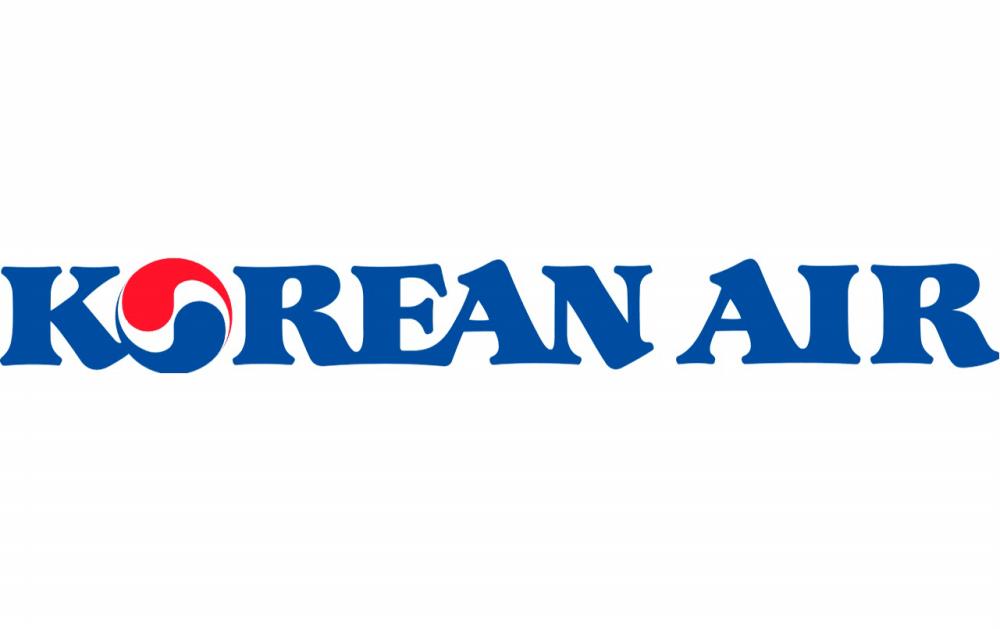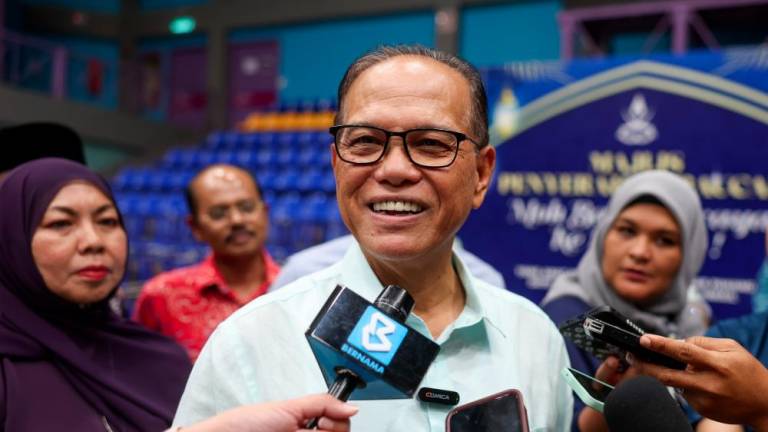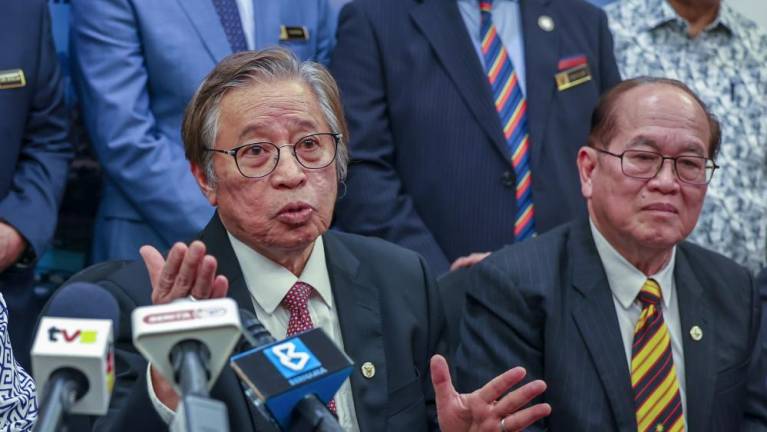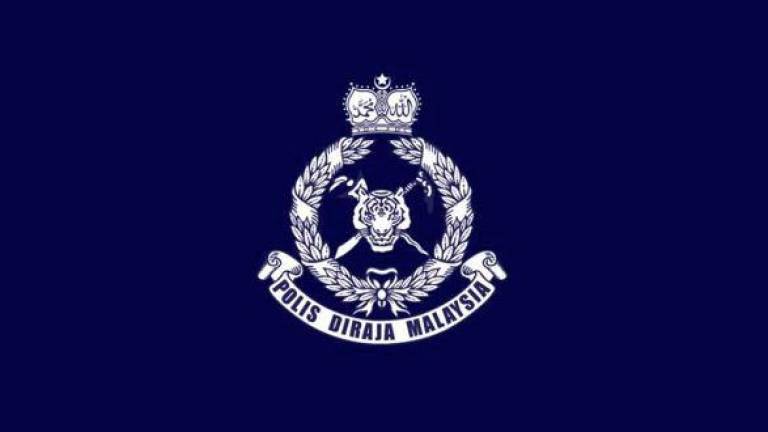PETALING JAYA: The Malaysian Aviation Commission (Mavcom) has approved the merger between Korean Air Lines Co Ltd and Asiana Airlines Inc.
As the merger involves the air passenger services between South Korea and Malaysia, Korean Air Lines and Asiana Airlines submitted a voluntary notification and application of an anticipated merger to Mavcom on March 19. The anticipated merger also constitutes a “failing firm defence” merger as Asiana Airlines has been in a situation of financial distress for some time and cannot be rehabilitated but for the anticipated merger.
Upon thorough review of the application, Mavcom decided that the merger does not infringe Section 54 of the Malaysian Aviation Commission Act 2015 [Act 771], which prohibits any merger that results in the substantial lessening of competition of the aviation industry. This decision is the first competition-related merger case to be analysed by any competition authority or sector regulator in Malaysia.
Mavcom executive chairman Datuk Seri Saripuddin Kasim said as the only sector regulator in Malaysia with the function to decide on competition-related matters for anticipated mergers and mergers, its approval of the merger between Korean Air Lines and Asiana Airlines takes into full consideration the information and feedback presented by all parties and the commission’s own research and analysis.
“This merger decision highlights that Part VII: Competition of Act 771 is on par with the international standards for competition laws, as well as Mavcom’s capacity and capability to undertake the relevant competition analysis work for mergers to ensure the continued protection and development of the Malaysian aviation sector,” he said in a statement today.
In its final decision, the commission concluded that while Korean Air Lines and Asiana Airlines’ post-merger market share of one direct route between Seoul, South Korea and Kota Kinabalu, Malaysia would be higher, the merger would not cause any unilateral effects or act as a barrier to entry and expansion for the related markets. The commission also noted that passengers are able to exercise countervailing buyer power against these carriers due to the increase of online travel agencies and strict regulations by the Ministry of Land, Infrastructure and Transport of South Korea, which prevents the merging parties from significantly raising prices.
Additionally, Mavcom found that the merger would result in significant economic efficiencies and social benefits such as improved safety, reduced training costs, as well as efficiencies related to maintenance, repair, and overhaul.










